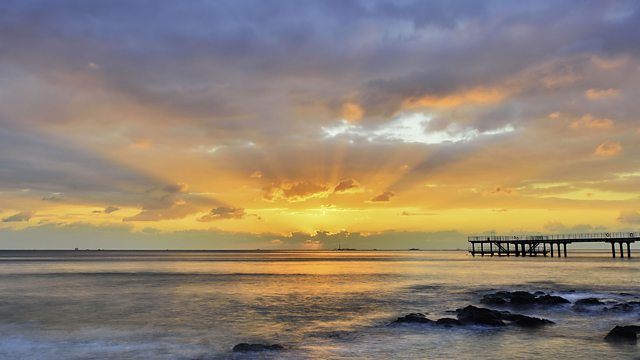Rhidian Brook - 15/02/2018
Thought for the Day
Good Morning,
When a country’s leader refuses to step down, they are often described as ‘clinging to power’ as though power were a physical thing than can be grasped, a solid object that can be held and possessed. Last night it was South African leader, Jacob Zuma, who finally relinquished his grip; last year it was Robert Mugabe; who can say which leader’s fingers will be prized from power next.
The dangers of power seem to increase for those who have more of it. History offers a long list of leaders who have found it hard to give it up without tenaciously, sometimes brutally, trying to hold on to it, like a child refusing to share a prized toy. Status has something to do with it. And the money (as is allegedly the case with Zuma). Having control over people and a sometimes unchecked ability to have your way can’t help. Add to this the belief that you can do the job better than anyone else, and that your identity in inseparable from your role, then no wonder leaders find it hard to give it up.
Power’s corrupting effect is something even the most transparent democratic systems can’t fully guard against. But I think it still comes down to the character of the individual in question. Which is why we need to be good at spotting those most likely to become addicted to ‘a worldly crown,’ or seek power for its own sake. It seems that the more a leader tries to get hold of power, the more likely it is to get hold of them. Conversely, those who hold it lightly are the ones best able to handle it more responsibly, and less likely to hang on, and remain, as Milton puts it, ‘a spectacle of ruin and scorn.’
The footage of Obama leaving the Whitehouse demonstrated this well. It showed a man who, one day, had more worldly power than anyone, walking away without it the next. As he departed through the colonnades of power someone asked if he was going to miss it. ‘Of course,’ he said; but later when asked how he felt about giving it up he said, ‘just fine’. It wasn’t his to keep.
I think a leader (of any kind) who recognises how fragile their power is and where it comes from is more likely to use it well, in the service of others. It takes a certain confidence not to have to be in control or to rule all the time. An acetic discipline of the ego is crucial for allowing an institution to carry on when you are no longer there.
In Milton’s Paradise Regained, Satan asks Jesus why he won’t take up the worldly power that’s on offer. Jesus answers ‘He who reigns over his passions, desires and fears is more of a King.’ It’s a reminder that the most important power struggle of all takes place within the character of the individual.
Duration:
This clip is from
More clips from Thought for the Day
-
![]()
Daniel Greenberg - 14/11/2025
Duration: 02:46
-
![]()
Professor Michael Hurley - 13/11/2025
Duration: 03:05
-
![]()
Rev Roy Jenkins - 12/11/2025
Duration: 03:07
-
![]()
Professor Mona Siddiqui - 11/11/2025
Duration: 02:59






